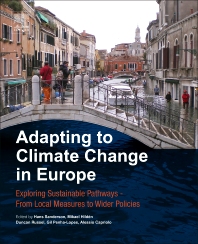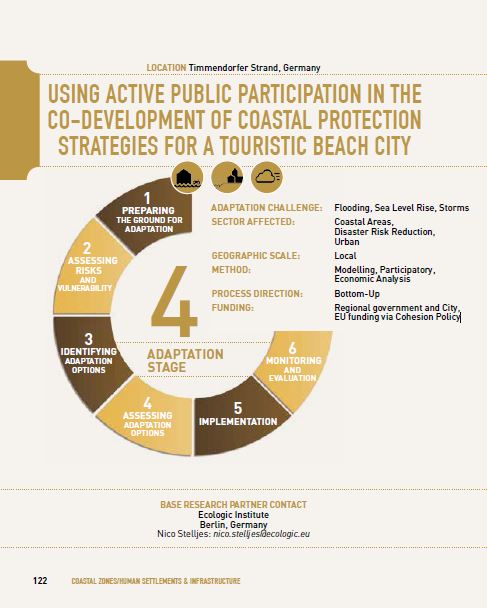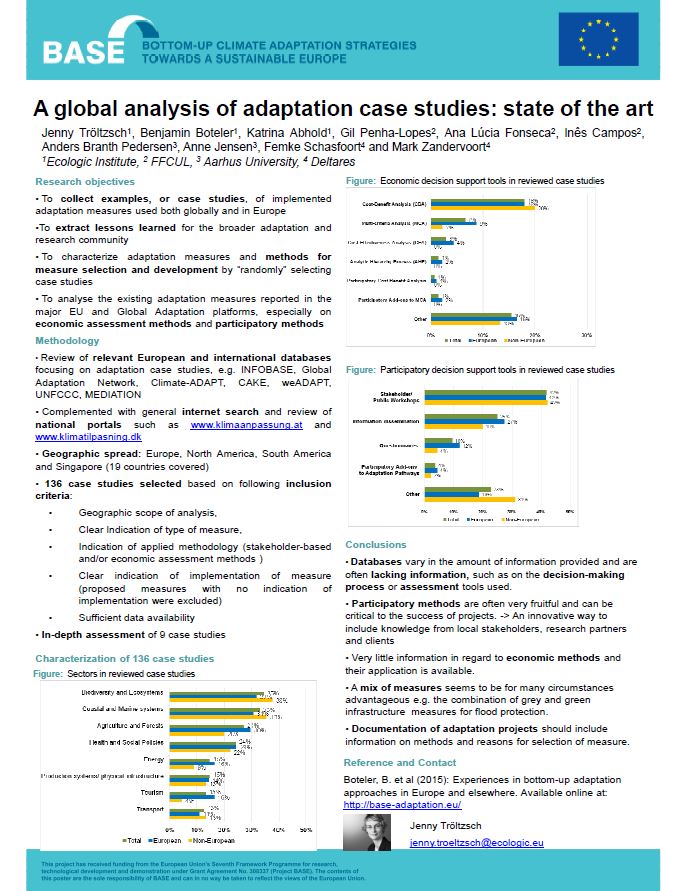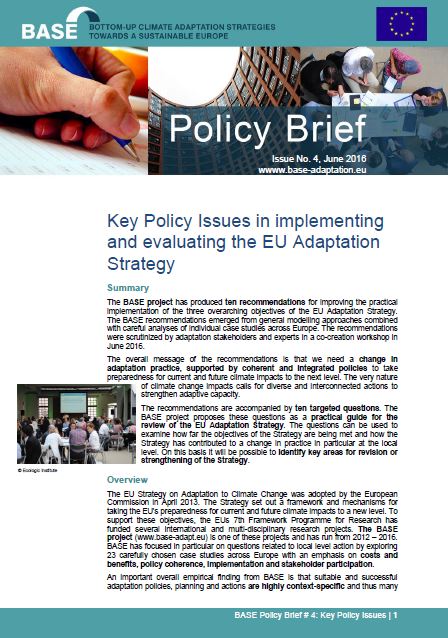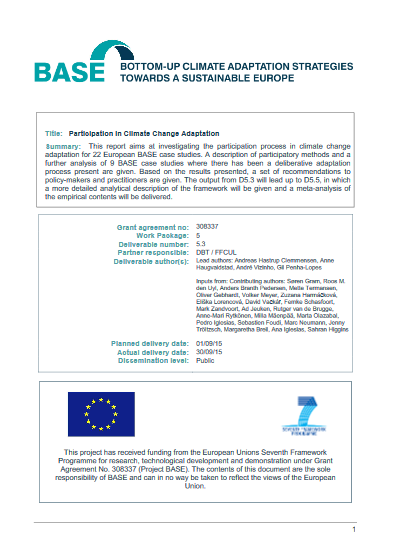This document aims to offer a synthesis and discussion of the methodological process and results of implementing climate change adaptation case study research, reporting on the key messages and lessons learnt through a critical comparison of case studies that equally accounts for the stakeholders' perspectives. The deliverable is structured in four chapters. Chapter 1 provides a critical assessment of the Case Study Living Document- a methodological instrument developed in the context of a collaborative case study research, and provides the framework for the analyses developed in the following chapters. Chapter 2 is a comparative synthesis and meta-analysis of key messages from WP5 case study research results. Chapter 3 provides a meta-discussion on participatory experiences, which adds to the work developed in deliverable 5.3 (i.e. Participation in Climate Change Adaptation). Chapter 4 is centred on the perspectives of BASE case study stakeholders, and discusses and analyses the main challenges, successes and opportunities for climate change adaptation from the perspective of the stakeholders involved throughout BASE casework. The conclusions of the four chapters are distilled in the final conclusion, which offers insights regarding top-down/bottom-up dynamics, as well as contributions for future research. This final section equally offers a synthesis of how case study research tools and incremental innovations to methods and tools for climate change adaptation research and practice may inform the European Environmental Agency (EEA) and the European Adaptation platform Climate-ADAPT.
